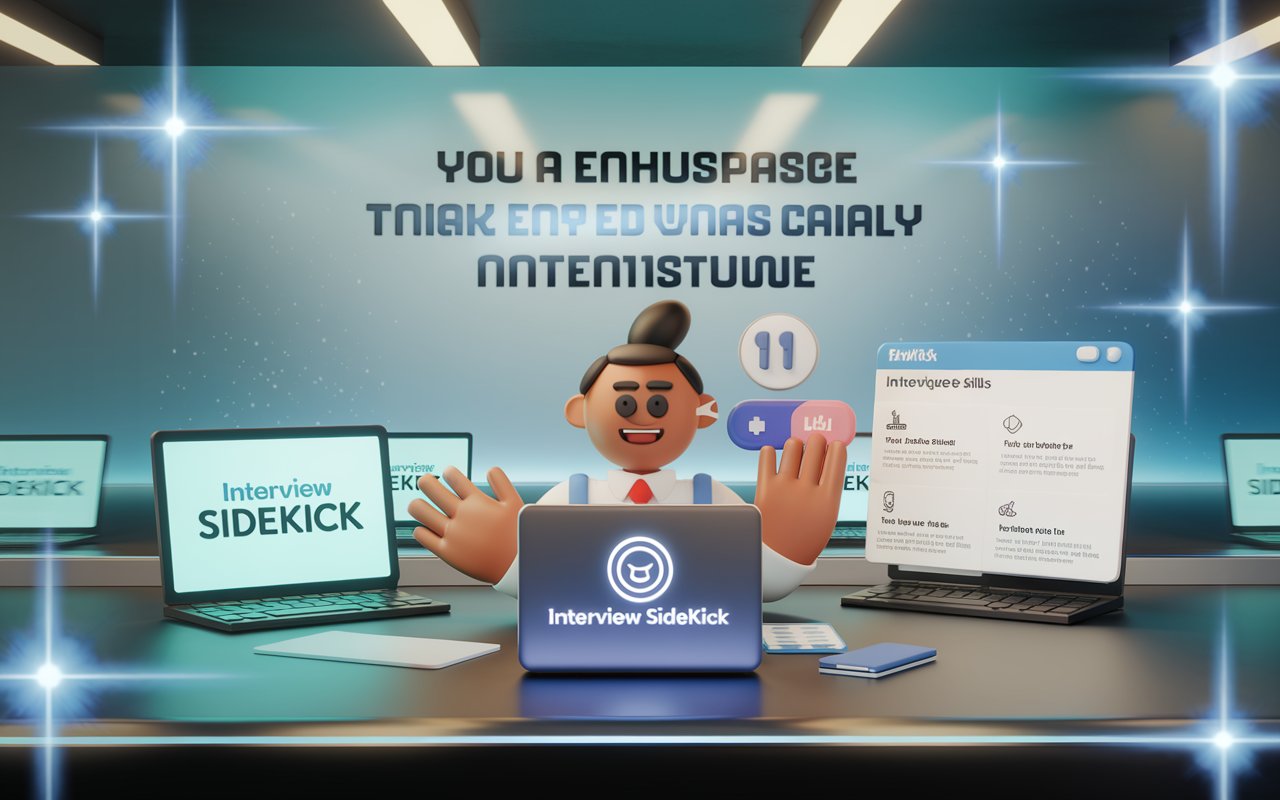Behavioral interview questions are common in the recruitment process, as they seek to understand how candidates behaved in certain situations previously and how they would carry out similar tasks in the future. In most cases, these kinds of behavioral interview questions allow employers to assess your problem-solving skills, how well you relate with other people, and generally, whether you can fit in the organizational culture. In the year 2024, looking for a job and finding one will already be hard, but it will be even more difficult without the preparation for such questions. Let‘s head back and cover 50+ examples of behavioral interview questions you can expect and tips on ways to answer them successfully.

Image Source: Pexels
Why Behavioral Interview Questions?
Behavioral interview questions concern experiences instead of situations. They reveal information about your past conduct which is usually the best indicator of how one will perform shortly. Such questions are meant to evaluate how you have coped with adversity, teamwork, handled stress, and so on.
How to Prepare for Behavioral Interview Questions
Before we get into the questions, let’s cover some strategies for preparing your answers to behavioral interview questions:
- Use the STAR Method
- Reflect on Your Experiences
- Focus on Positives
- Practice
The Behavioral Interview Questions
Teamwork and Collaboration
- Relate an instance when you cooperated effectively with others.
- Have you ever had to deal with a conflict among the team members? Please describe it.
- How did you manage to work with someone whose work style was inconsistent with yours?
Problem-solving and Critical Thinking
- Describe a challenging problem you faced at work. How did you solve it?
- Can you provide an example of a difficult situation that you encountered at your workplace? What action(s) did you take to resolve the issue?
- Tell me about a moment when a situation forced you to deviate from the conventional approach.
Leadership and Initiative
- Narrate a scene in which you assume the director’s role in the project.
- Can you provide an instance when you encouraged people to carry out their responsibilities?
- Describe a period when you had to delegate tasks and did it professionally.
Communication Skills
- In what scenario did you have to explain a complex idea to a client or a coworker?
- Can you share an experience where you had to give difficult feedback?
- Tell me about a time when you had to persuade others to your point of view.
Adaptability and Flexibility
- Describe a situation where you had to adapt to a major change at work.
- Is there a moment that you can recall when you were required to acquire new knowledge or skill set within a short period?
- Recount an experience that you have had that involved dealing with several demands or priorities at the same time.
Time Management and Organization
- Describe a situation where you managed a tight deadline.
- Share with us a scenario in which you worked under a strict time frame.
- Many people usually face challenges when it comes to completing several tasks in a short period. Can you speak about that in your experience?
Customer Service and Client Relations
- Describe a situation in which you had to work with a challenging client.
- Explain about a time when you successfully placated an angry customer.
- Tell me about a time when you turned a dissatisfied customer into a happy one.
Work Ethics and Integrity
- What will you do in a situation of dilemma?
- Could you recall an event where you had to face the truth about yourself and accept that you were wrong?
- Tell me about an instance in your career when you had to fight for something you believe in.
Handling Stress and Pressure
- Tell me about a time when the situation was agitated, and you were required to go through it.
- Is there an instance from your background that you can provide that is where the deadline was exceedingly difficult to meet.
- Speak about a situation where you faced stress but still had to work.
Creativity and Innovation
- How do you address a difficult situation using skills you hadn’t been trained on?
- Would you tell me about a case when you demonstrated management in its entirety to introduce a system or a change?
- Speak of an instance when you were tasked with a particular objective and found yourself doing something different for it.
Learning and Self-Improvement
- Discuss any specific situation in which you have tried to elicit an opinion from someone about your work to express better the results.
- When was the time you remember when you had to know a certain skill due to job requirements?
- Tell of a time when you took extra assignments for your own development.
Achievements and Success
- What are your significant career achievements and why do you think it is significant?
- Can you tell me about a time when you exceeded your expectations?
- Discuss a specific accomplishment you are particularly proud of and the reasons behind it.
Failures and Learning from Mistakes
- How do you see failure?
- Please, share an example of the time when you managed to deal with the challenge.
- Describe a situation when you had to take criticism in a different way than you usually do.
Tips for Answering Behavioral Interview Questions
- Be Specific
- Stay Positive
- Be Honest
- Keep It Relevant
Related
Top 21 Interview Tips to Make a Great First Impression During Your Job Interview
Top Interview Skills to Get a Job in 2024
How to Answer Most Exit Interview Questions in 2024?
Conclusion
Questions that fall under the category of behavioral interviews provide perfect avenues to demonstrate your various skills and experience as well as how you react to different circumstances provided. These types of questions can be answered beforehand and using the STAR method one will have no hitches in any of the behavioral interview questions that one will face.
This guide will help you crack your interview. Good luck, and remember to let your true self shine through! Sending a thank you letter after an interview influences your job prospects beyond just being polite—it’s a clever tactic to boost your chances of getting hired.




